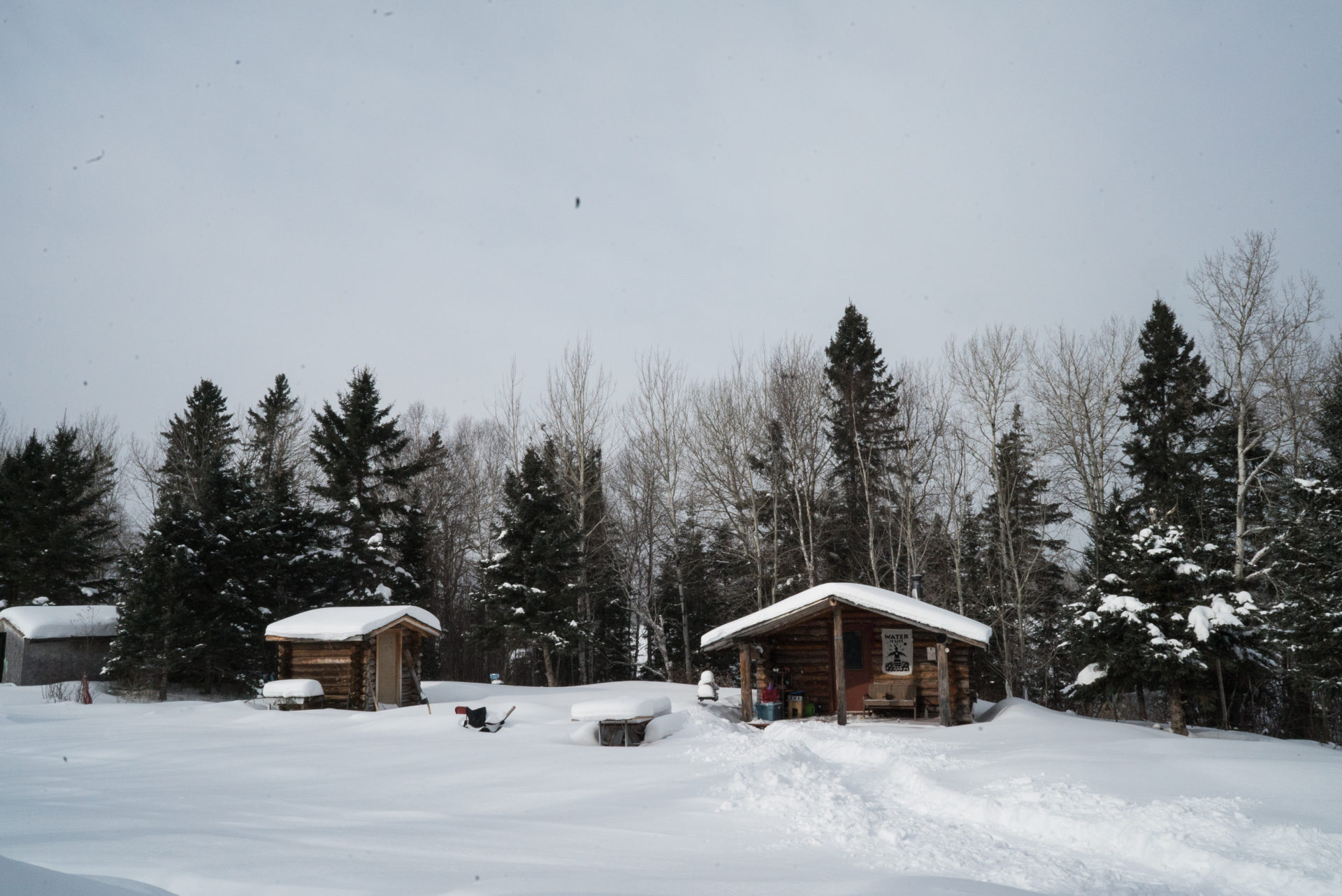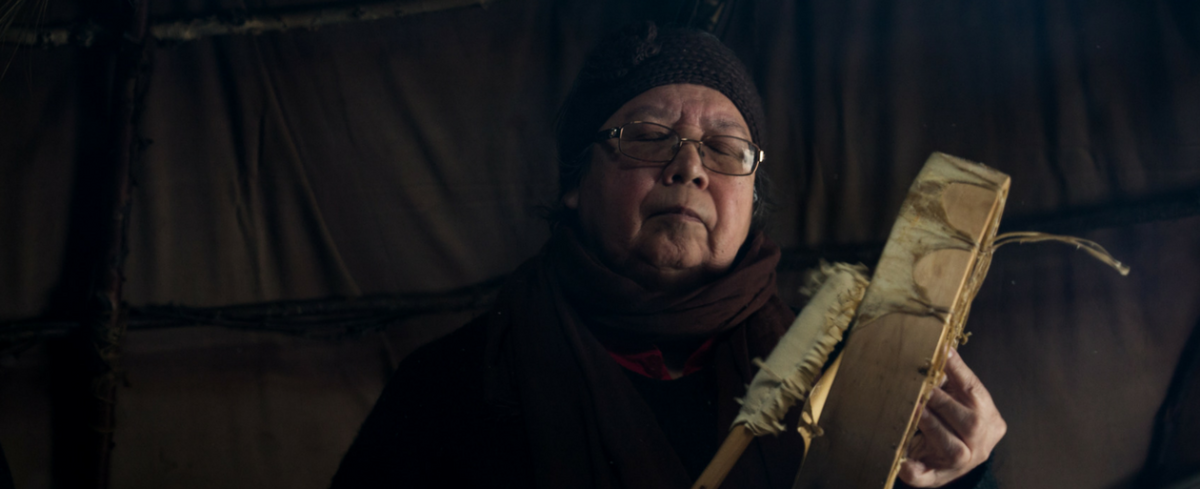Meet Judy DaSilva – mother, indigenous woman, water defender.
Judy is 55 years old, mother to five children, and a resident of Grassy Narrows in Ontario, Canada. She and the other First Nations people have built their way of life around the Wabigoon River, a breathtaking body of water which sweeps through the forested hills surrounding the Grassy Narrows reservation.
Judy is a well-known and respected leader in her community, having led a successful blockade to prevent logging in her community, and leading ongoing efforts to demand action from the government to address an even more pressing issue – access to clean water.
Between 1962 and 1970, a paper mill located in the town of Dryden, 100 kilometers upstream from Grassy Narrows, dumped 20,000 pounds of mercury into the Wabigoon River. The company operating the mill at the time, Reed Paper, and the Canadian government failed to address the contamination, and for over 40 years have denied the existence of mercury in the river – the lifeblood of the Grassy Narrows First Nation people.

Judy is in a wheelchair, and suffers from loss of muscle coordination and tunnel vision as a result of mercury poisoning. Her situation is not unique in the town of Grassy Narrows, as 90 percent of people in the community live with the effects of mercury poisoning, including loss of muscle coordination and tunnel vision, as result of consuming fish from the river.
In the four decades since the original contamination, the Grassy Narrows people have led a series of blockades, protests, and actions to demand clean up of the soil and water effecting their health. With money raised during Aveda Earth Month, the Grassy Narrows people have received seven grants since 2001 through the partnership between Aveda and Global Greengrants Fund to support their struggle.

The grants have funded efforts to engage the media on the plight the community is experiencing, host gatherings for local indigenous women led by the Grassy Narrows Women’s Drum Circle, and paid for costs associated with travelling to Toronto for a day of action to make statements to the Canadian legislature.
Thanks in part to these efforts, the government in Ontario, Canada announced on February 13, 2017 that it is completely committed to identifying mercury contamination near Grassy Narrows and cleaning up the toxins. Ontario has pledged $85 million to cleaning up the river system.
This is a huge step in the right direction for the local people, and Judy, who have been demanding action for 40 years.
However, the work is far from. Once started, the clean up can take more than a decade to complete, not to mention millions of dollars.
Since the government’s commitment over a year ago, the federal government has agreed to build a new care home for those suffering from mercury poisoning. The treatment center is something the First Nations people have requested for years, and Judy stated that the news that the center would actually be built was surreal to hear.
However, to date, neither the treatment center nor a plan for the actual clean up has come to light. Today, Aveda and Global Greengrants Fund continue to stand in solidarity with Grassy Narrows First Nations, supporting their efforts to hold the government to their commitment for action.
This Aveda Earth Month, you can support Grassy Narrows as well. Add your name to this letter to remind the Canadian government of their commitment to help restore Grassy Narrows and the surrounding communities.
